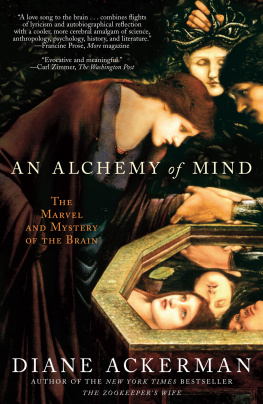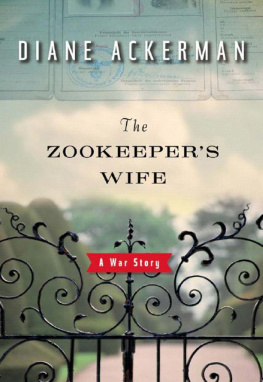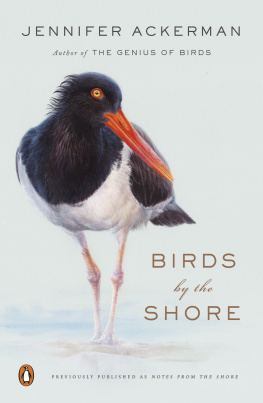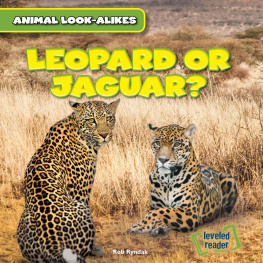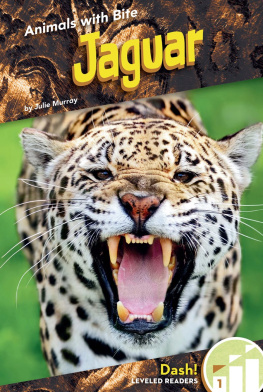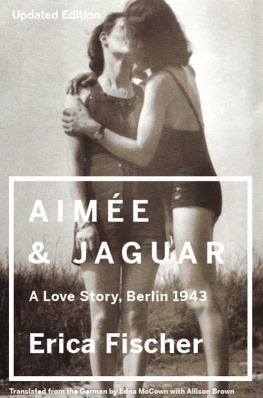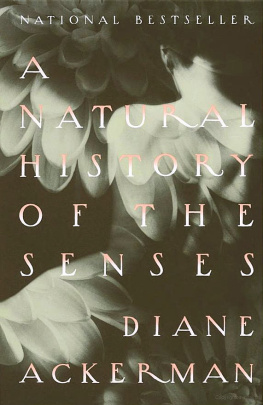Diane Ackerman
Jaguar of Sweet Laughter
Diane Ackerman was born in Waukegan, Illinois. She received her B.A. from Pennsylvania State University and an M.F.A. and Ph.D. from Cornell University. Her poetry has been published in many leading literary journals, and in the books
The Planets: A Cosmic Pastoral (1976),
Wife of Light (1978),
Lady Faustus (1983),
Reverse Thunder: A Dramatic Poem (1988), and
Jaguar of Sweet Laughter: New and Selected Poems (1991).
Her works of nonfiction include, most recently, A Natural History of Love (1994); The Moon By Whalelight and Other Adventures Among Bats, Crocodilians, Penguins, and Whales (1991); A Natural History of the Senses (1990); and On Extended Wings (1985), a memoir of flying. She is at work on a second book of nature writings, The Rarest of the Rare. Ms. Ackerman has received the Academy of American Poets Lavan Award, and grants from the National Endowment for the Arts and the Rockefeller Foundation, among other recognitions. She has taught at several universities, including Columbia and Cornell, and she is currently a staff writer for The New Yorker. ALSO BY DIANE ACKERMAN A Natural History of the Senses
Reverse Thunder
On Extended Wings
Lady Faustus
Twilight of the Tenderfoot
Wife of Light
The Planets: A Cosmic Pastoral

First Vintage Books Edition, April 1993 Copyright 1991 by Diane Ackerman All rights reserved under International and Pan-American Copyright Conventions. Published in the United States by Vintage Books, a division of Random House, Inc., New York, and simultaneously in Canada by Random House of Canada Limited, Toronto. Originally published in hardcover by Random House, Inc., New York, in 1991.
Some of the poems in this work were originally published in the following journals: American Poetry Review, Amicus, The Atlantic Monthly, Chelsea, Denver Quarterly, First Love, The Gettysburg Review, Kenyon Review, Michigan Quarterly Review, The New York Times Book Review, Parnassus: Poetry in Review, The Planetry Report, Poetry, Prairie Schooner, Travel-Holiday, and Star Date. Library of Congress Cataloging-in-Publication Data
Ackerman, Diane.
Jaguar of sweet laughter: new & selected poems / Diane Ackerman.
1st Vintage Books ed.
p. cm.
eISBN: 978-0-307-76338-9
I. Title. [PS3551.C48J34 1993]
811.54dc20 92-50642 v3.1 For Paul
master fictioneer,
with love A creation myth found in the Popol Vuh, a book sacred to the Maya, tells of Jaguar of Sweet Laughter, the first human creature to appear on earth, a strange being who could speak.
Acknowledgments
Im grateful to the editors of the following journals for first publishing these poems:
The American Poetry Review: Sister Juana Ins de la Cruz, Hearing that Her Lover, Giorgio, Has Drowned
The Atlantic Monthly: Halleys Comet
Chelsea: White Flag, Air Show in Barbados
Denver Quarterly: The Archbishop of Puebla Weighs Sister Juana Ins de la Cruzs Passion for Study, An Italian Courtier Pines for His Mistress, the Learned Nun, Sister Juana Ins de la Cruz
The Gettysburg Review: Wanderlust, Transition
Kenyon Review: Intensive Care, Soft Lens, At Walt Whitmans Birthplace
Michigan Quarterly Review: Grand Canyon, Nightletter to Loren Eiseley
The New York Times Book Review: Still Life
Paris Review: A Pilots Pay, Antartica Offers Scott Her Lantern
Parnassus: Poetry in Review: On Looking into Sylvia Plaths Copy of Goethes
FaustThe Planetary Report: Wanderlust, We Are Listening, Halleys Comet
Poetry: Beija-Flor, St.
Louis Botanical Gardens, Letter of Retainer, We Are Listening, Lament of the Banyan Tree Poly: The white hypnosis Prairie Schooner: Opening the Locket, Pumping Iron, Poem in Winter, The Manure Gatherers, In the Green Purse of the Yard This Loose Red Change, Lady Canute, Portrait without Pose, Dinner at the Waldorf, Song of the Trilobite Star Date: We Are Listening Travel-Holiday: Coboclo, Where the Sun Dines
Contents
from Earth
When You Take Me from This Good Rich Soil
New
Poems
INTENSIVE CARE
In the antiseptic Eden, your small light burns: a green dot that carried you across two continents, from coal-mining village, cricket for the county, and Oxford ribbons, to picturesque America, where life is a bonfire and a mans heart does not attack him. For fourteen years Ive huddled close to that heart strangers decode by echo-scan and oscilloscope. The smocked magicians of rhythm turn level eyes to your pounding electricity. Midnight. All our totemic animals are asleep: the kangaroos, the panther, the harvest mouse, the camel, the prairie dogs, the lion: the full bestiary of our animal love. The doctors, your mother, and your poet all sleep.
Only your heart lies awake. With ink and a stylus it scratches out a story, speaking its dialect all quiver and pump. You may sleep, but the novelist in your chest never sleeps, minting yarns bold, stylish, arid macabre. When it gabbles, alarms ring up and down the ward. Are you all right? a nurse wakes you to ask, and you know your heart has been rambling again while you slept, slipping off the hoods and turning all its falcons loose. At home alone across the lake, a darkness too possible invades the house and my chest becomes a suit of armor shrunk tight by worry.
Mi casa es su casa. I want to fly to that ward black as a mine shaft where you drowse, thatched deep in wire and electrode, still gamely performing a ventriloquism from the heart: on a monitor your small light glowing like radium.
WE ARE LISTENING
I As our metal eyes wake to absolute night, where whispers fly from the beginning of time, we cup our ears to the heavens. We are listening on the volcanic rim of Flagstaff and in the fields beyond Boston, in a great array that blooms like coral from the desert floor, on highwire webs patrolled by computer spiders in Puerto Rico. We are listening for a sound beyond us, beyond sound, searching for a lighthouse in the breakwaters of our uncertainty, an electronic murmur, a bright, fragile
I am. Small as tree frogs staking out one end of an endless swamp, we are listening through the longest night we imagine, which dawns between the life and times of stars.
II Our voice trembles with its own electric, we who mood like iguanas, we who breathe sleep for a third of our lives, we who heat food to the steaminess of fresh prey, then feast with such good manners it grows cold.
In mind gardens and on real verandas we are listening, rapt among the Persian lilacs and the crickets, while radio telescopes roll their heads, as if in anguish. With our scurrying minds and our lidless will and our lank, floppy bodies and our galloping yens and our deep, cosmic loneliness and our starboard hearts where love careens, we are listening, the small bipeds with the giant dreams.
THE DARK NIGHT OF THE HUMMINGBIRD
A lot of hummingbirds die in their sleep, dreaming of nectar-sweet funnels they sipped. Moth-light, they swiveled at succulent blooms, all flash and ripplelike sunset, but delicate, probing, excitable, their wings a soft fury of iridescence, their hearts beating like a tiny drumroll fourteen hundred times a minute, their W-shaped tongues, drawing nectar down each groove, whispering:


